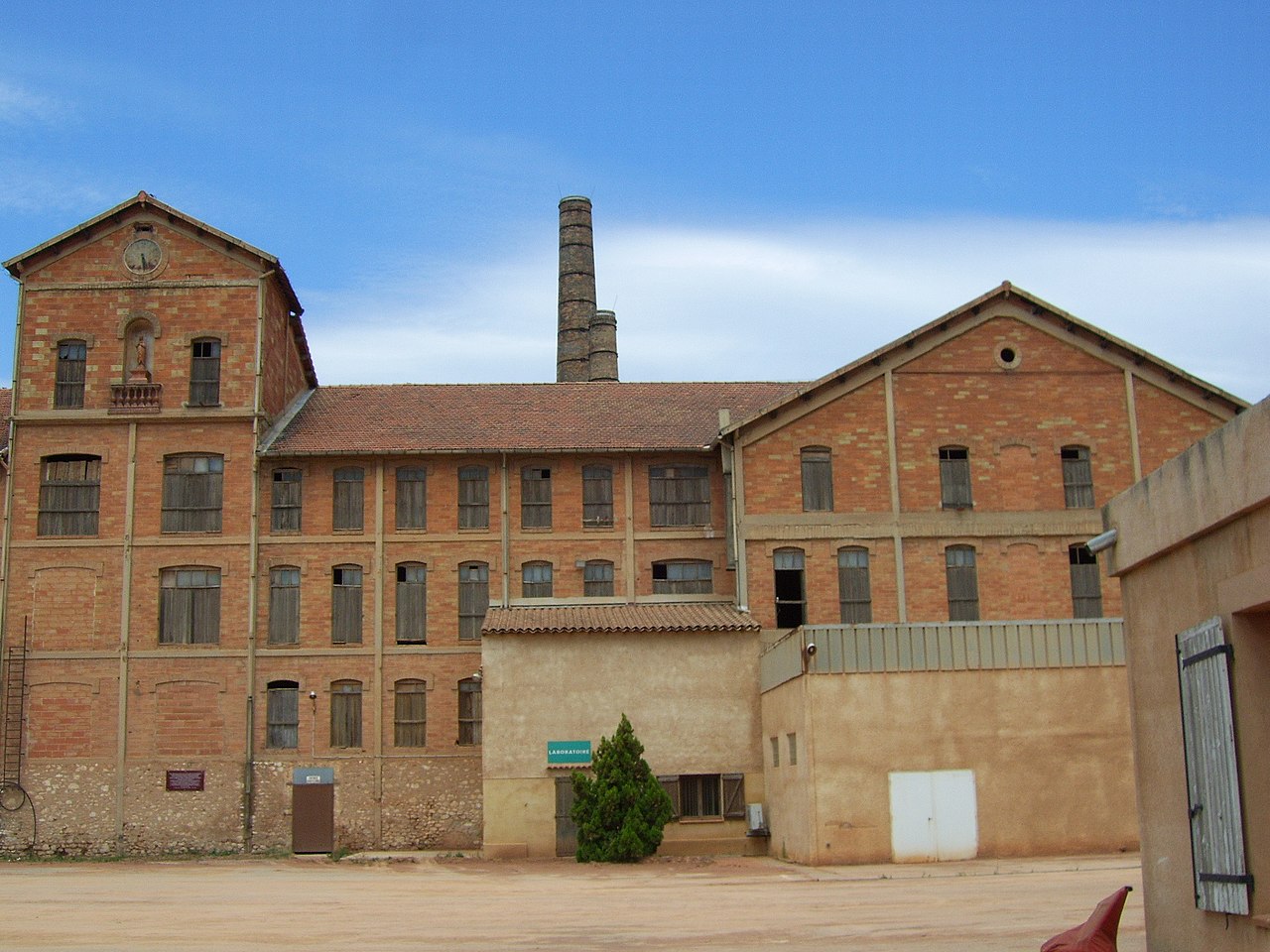
The Camp des Milles Memorial, a former internment and deportation camp in France, now serves as a vital site for Holocaust remembrance and education
The Camp des Milles Memorial, located in Aix-en-Provence, France, was an internment and deportation camp during World War II. Established in a former tile factory, the camp was initially used by the French authorities to detain so-called “enemy aliens” following the declaration of war on Germany in 1939. Many of those interned were refugees who had fled the Third Reich due to Nazi anti-intellectual and antisemitic policies.
The camp’s population varied over time, with a vibrant intellectual and artistic community forming among the internees. Several renowned German artists and intellectuals, including Hans Bellmer and Max Ernst, were interned at Les Milles, creating over 400 works of art and murals that depicted the conditions of internment. These artworks, particularly the murals in the guards’ dining room, provide a unique insight into the experiences of the internees.
In October 1940, under the Vichy regime, Les Milles transformed into a transit camp specifically for foreign Jews who intended to emigrate. However, following the tightening of emigration policies in July 1941, many internees were left stranded. The camp’s living conditions were harsh, with overcrowding, poor sanitation, and insufficient food supplies.
In August 1942, the first round of deportations from Les Milles began, marking a turn in the camp’s history. Over 2,000 Jews interned at Les Milles were handed over to the Germans and sent to Auschwitz. The camp was officially closed in December 1942, with the remaining prisoners relocated to other camps.
Today, the Camp des Milles Memorial serves as a museum and educational center, preserving the memory of those who suffered and perished in the camp. It is the only French internment and deportation camp still intact and open to the public. The memorial site includes the restored Mural Room, exhibitions, and educational resources, offering visitors a comprehensive understanding of the camp’s history and its role in the Holocaust.
40 Chem. de la Badesse, 13290 Aix-en-Provence, France
https://www.campdesmilles.org/home2.html